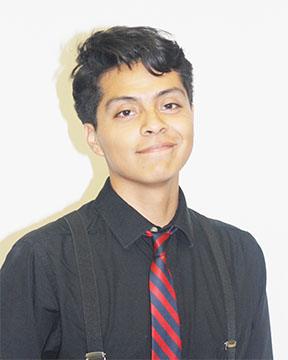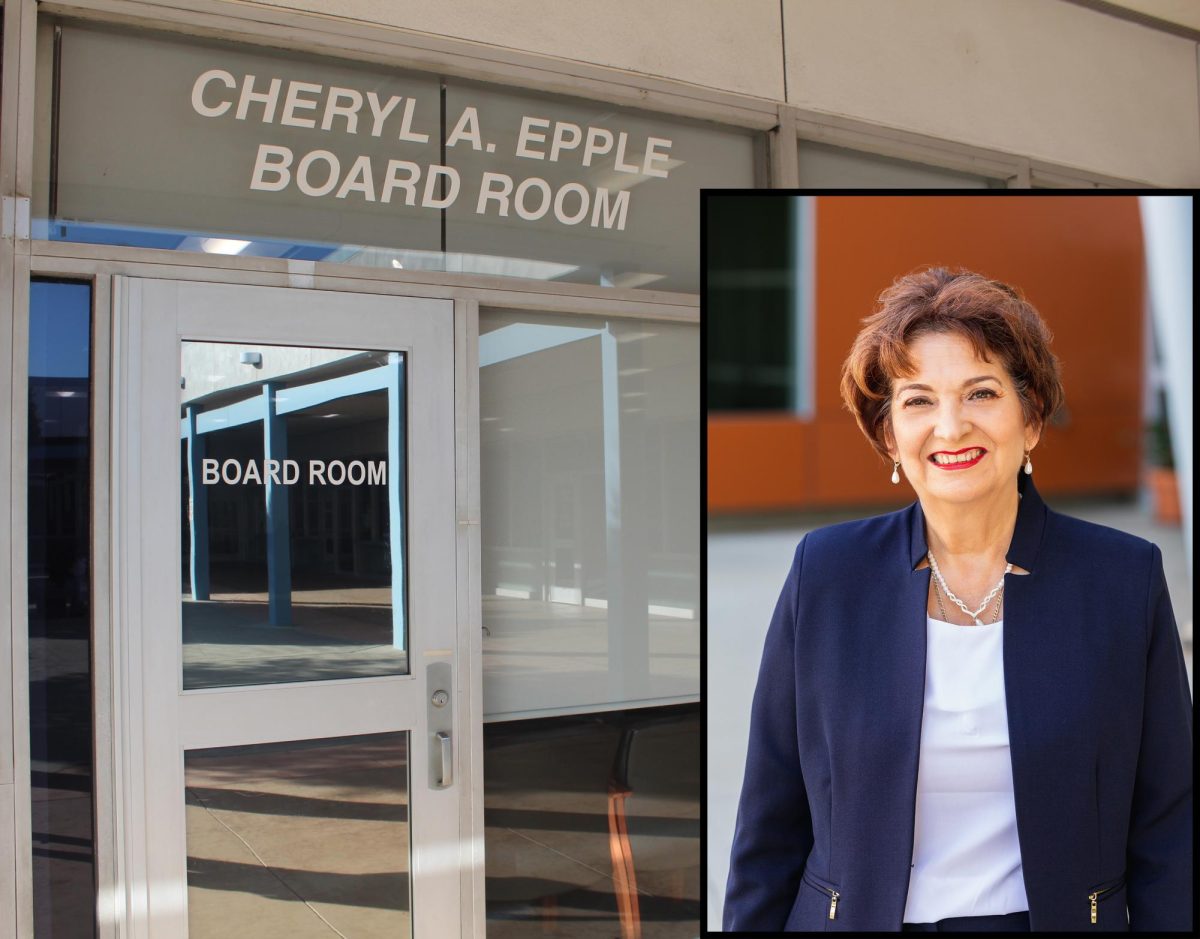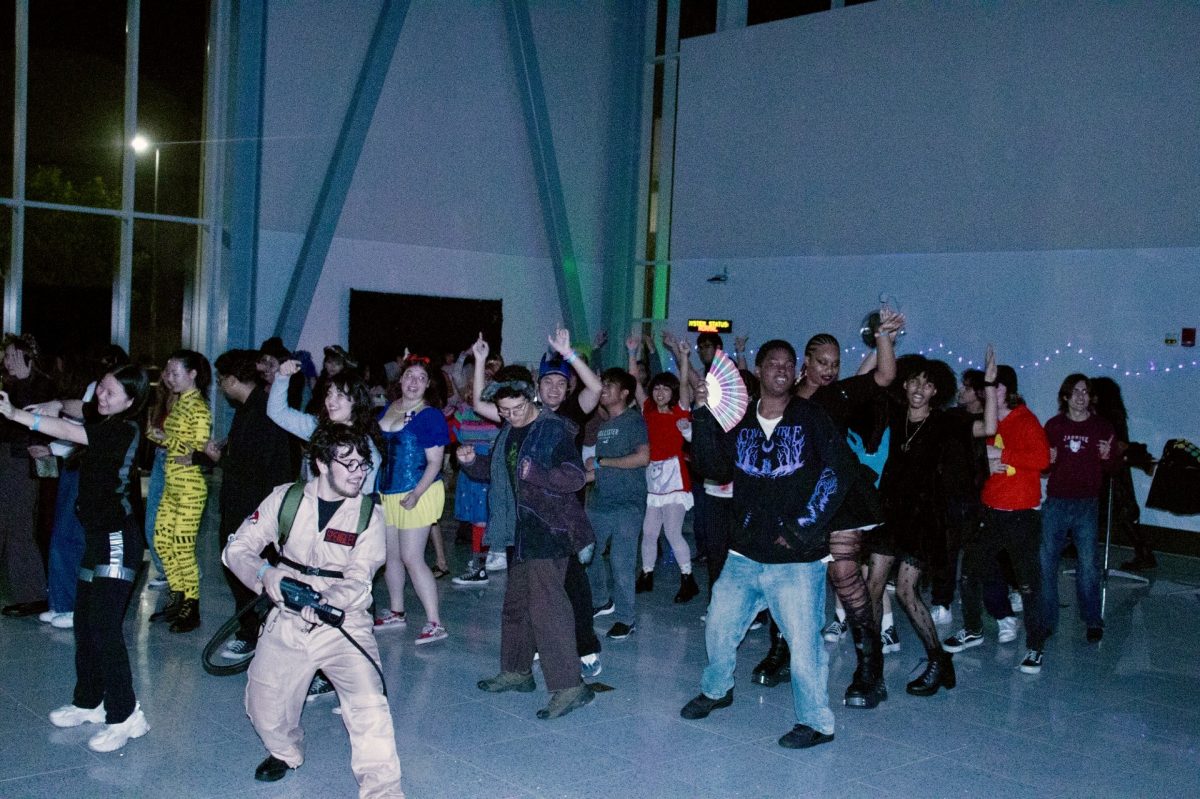Trustee member Zurich Lewis proposed that the Board of Trustees start every meeting with an invocation, during the Wednesday, Sept. 2 board meeting.
An invocation, is a call for wisdom or call to authority, in this case it would not be religious.
“We [would be] supporting the college by blessing this meeting, on a legal basis,” he said.
Lewis mentioned that he had gotten the idea after attending a Downey City Council meeting, where an invocation was performed.
He added that invocations were legal, granted that they follow certain guidelines as per the Rubin Decision, such as not being able to disparage or advance specific religions through tone, tenor or content, or refer to specific deities or phrases.
According to retired Downey mayor and Downey Police Chaplain Mario A. Guerra, it’s not about religion it’s about asking for wisdom to do a good job.
“It’s also a way to be inclusive…and we don’t want to promote any specific religion,” he said.
Guerra and Lewis both agreed that a way to have a diverse group of religious leaders leading in the invocation, they would call said religious leaders from their districts.
Dean of Liberal Arts David Fabish however, opposed the idea.
“I opposed this idea because this is a secular place of academia and it’s not common practice, at best it will make many people uncomfortable.”
Fabish added that for many people religion is a place of healing and other positive emotions, but that to others, religion may carry negative emotions.
During the meeting, he expressed his concerns, he stated that Cerritos College was a secular sanctuary, where you didn’t have to worry about your beliefs or anyone else’s.
Fabish said he was surprised that during the meeting some of the speakers supporting the invocation, while saying that the invocation would be secular and non-specific, used language that could be misconstrued as religious.
“One thing that struck me is that one of the speakers said something along the lines of hoping that the invocation would raise the spirits of the person for the evening and into eternity, because there you get an explicit acknowledgement of evangelism,” he added.
Lewis however stated, “We are a religious people and we [as a board] should reflect this.”
He added that invitations would be made to many different religious leaders to keep from identifying the campus with any one religion.
Lewis also talked about the possible opposition of the invocation by non-religious groups.
“There will be some people who will oppose it, but I got a strong response and we’re going to listen to those opinions, but I will be in favor of [the invocation],” he added.
Fabish added that it would be better to leave such arguments at the threshold of the professional environment and avoid any situation that could be avoided.
Student Trustee Victor Villalobos said it would be an interesting way to start a board meeting and to make sure that guidelines are set to respect everyone’s beliefs.
“As student trustee, I would like to know what the students want and that’s why I have requested for the members of the student Senate to discuss this.
I would take it back to the board so that they may take the students wishes into consideration when making their final decision,” he said.









